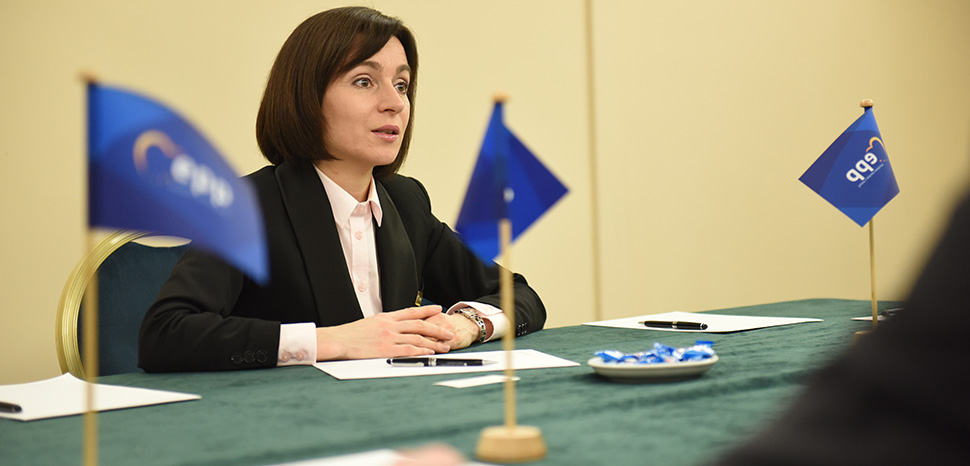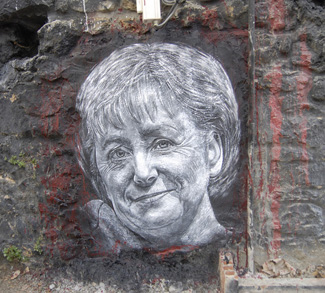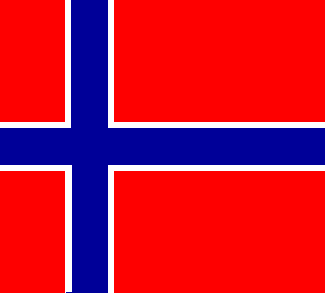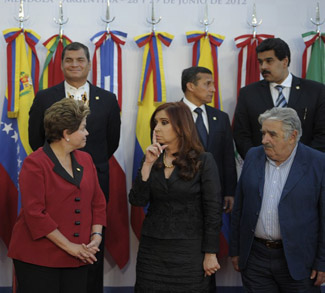The early March signing of a defense cooperation agreement between the governments of the Republic of Moldova and France did not occur in a vacuum. Since the 2020 election of Moldovan President Maia Sandu, Chisinau-Paris relations have increased significantly. Should President Sandu be reelected in the upcoming autumn elections, we could see the strengthening of a new “special relationship” in global geopolitics.
The Paris Meeting
Moldova’s Minister of Defense Anatolie Nosatîi and his French counterpart, Sébastien Lecornu, signed the agreement at the Elysée Palace, with presidents Sandu and Emmanuel Macron present. According to Chisinau, the cooperation agreement will address a variety of issues, including defense policy, participation in international missions and operations, airspace control and management, military information and telecommunications technology, military surveying, human resources management, language training, logistics, military medicine, and financial and budget management.
“If until now, the cooperation between the Republic of Moldova and France in the field of defense was limited to the exchange of military students (cadets) and the professional training of the force, based on the agreement signed in Paris on July 15, 1998, then the agreement signed today contributes significantly to the modernization of the National Army,” said Minister Nosatîi.
Defense Relations
The new cooperation agreement does not occur in a vacuum, as the two ministries of defense and militaries have generally cordial relations, including the 1998 defense agreement. However, interactions have increased since the war in Ukraine commenced in 2022. High-level bilateral meetings have become common. Minister Lecornu visited Chisinau in September 2023 to discuss the French-Moldovan partnership. France has also assigned a defense attache to Chisinau.
Defense cooperation now also includes the transfer of military technology. The Moldovan ministry has acquired one air-defense Ground Master (GM) 200 medium-range radar from the French company Thales to better control Moldovan airspace, given that fragments from Russian drones and missiles have crashed in Moldovan territory close to the border with Ukraine. The purchase of a second radar has been rumored. Also, in November 2023, Moldova received “the first batch of assistance… containing individual equipment, logistical supplies, light infantry weapons, and ammunition,” transferred by Paris to improve the Moldovan military’s capabilities. French-Moldovan troops have also trained together in military exercises, most recently during the multinational exercise Livex Sarmis 2023 in Romania.
Article 11 of the Moldovan constitution states that the country is neutral; hence, Chisinau cannot join military alliances like NATO. Thus, increasing bilateral defense partnerships with key allies like France, Romania, and the United States are vital for capacity building and the modernization of the Moldovan armed forces.
Other Aspects of the Relationship
The cornerstone of the growing relationship between Chisinau and Paris is the friendship between the two presidents. Presidents Sandu and Macron have met many times since she came to power. Moreover, Paris has become a supporter of the tiny Eastern European state. In 2022, France organized the first summit of the new European Political Community (EPC) and supported Moldova’s application to host the second summit, which Moldova hosted in 2023. Paris has also endorsed Moldova’s application to the European Union.
Paris also regularly praises Moldova’s stance vis-a-vis Russia and Ukraine. During a 29 February press briefing by the French Ministry of Foreign Affairs, a spokesperson confirmed that “we support — and this is not new support… the stability, sovereignty, and territorial integrity of Moldova.” Moreover, at the March presidential meeting in Paris, the French president said in a statement, “France restates its unwavering support for the independence, sovereignty, and territorial integrity of the Republic of Moldova within its internationally recognized borders.”
When President Sandu traveled to Paris, she met with several high-ranking French government officials. One of the meetings was with the French Development Agency (Agence Francaise de Development: AFD); one signed agreement involved the transfer of 40 million euros and a grant of 1.2 million euros to strengthen Moldova’s forest sector. “The funds allocated by the French partners will help us plant forests, including buying the necessary equipment and machinery, and to reform the forest fund according to European standards,” explained President Sandu in a social media post. Previously, in October 2023, the French embassy in Moldova explained that the AFD has committed “40 million euros to support the reform of [Moldova’s] energy sector” via a six-year program, as well as greater cooperation for forest management, and cooperation for better energy efficiency of public buildings.
There are also strong ties at the people-to-people level, as a sizable Moldovan diaspora is living in France. According to the Moldovan news agency Newsmaker, around 100-160,000 Moldovans live in France, making the country the third largest concentration of Moldovan migrants, after Russia (over 350k) and Italy (250-300k). During her March visit to Paris, she met with the Moldovan diaspora to convey a simple message, “we all want our country to be between friends, integrated into the EU family.” The Alliance Francaise also has a location in Chisinau to promote the French language and culture to the Moldovan population. On the occasion of the celebration of International Francophonie Day, on 20 March, President Sandu posted on X (formerly Twitter) that she is “very proud of the over 100,000 young Moldovans who are studying French and the values of Francophonie.”
On the other hand, trade and investment are limited. Bilateral trade relations, which the French embassy in Chisinau defines as “modest,” are governed by a 2014 trade agreement signed between Moldova and the European Union. French business entrepreneurs from both countries have met several times, including last June in Chisinau, to “discuss collaboration opportunities and identify new markets for their products and services.” The entrepreneurs came from industries like the pharmaceutical sector, security, construction, furniture, and hotel equipment manufacturing. During the March meetings in Paris, the Moldovan Ministry of the Economy Dumitru Alaiba and the French Foreign Affairs Minister, Stéphane Séjourné, also signed a new agreement that will rule bilateral economic cooperation and activities for the 2024-2029 period. It is debatable how much bilateral trade and investment can grow though, given the small size of the Moldovan market and other French priorities.
Analysis
France was one of the first countries to establish an embassy in Chisinau after Moldova became independent from the Soviet Union. A French embassy was opened in 1992, while Moldova opened its embassy in France in 1997. A year later, in 1998, then-President Jacques Chirac carried out a historic visit to Moldova. Almost a quarter of a century would have to pass before another French president traveled to Moldova. President Macron visited the country in June 2022 and a year later, in 2023, for the EPC summit.
The defense cooperation agreement will elevate defense relations between France and Moldova to a new level. Moreover, there is a solid government-to-government relationship. During the presidential meeting, the two presidents issued a joint statement that said, “France, co-founder of the support platform for Moldova, contributes to strengthening the resilience and capacities of the Republic of Moldova, in all areas,” adding that “France also set out, during the conference in support of Ukraine held in Paris on February 26, to mobilize international partners to support the sovereignty, resilience and security of the Republic of Moldova.”
One fundamental challenge is that the relationship only increased when President Sandu came to power. Previous Moldovan presidents have had other foreign policy priorities, as some Moldovan leaders were focused on befriending Russia, like former president Igor Dodon (2016-2020). Hence, an obvious concern is that if Sandu is not reelected and a more pro-Moscow president takes power, then this special relationship, as I define it, could dissolve.
Defining a special relationship between governments is challenging to determine in real-time. With that said, the close presidential relations, increasing defense relations, and growing cooperation in energy and environmental issues suggest we are witnessing the beginning stages of a special relationship between Moldova and France. The next test of the relationship will be the upcoming Moldovan elections in autumn. Special relationships must be strong enough to withstand leadership changes; thus, should Sandu not be reelected, this special relationship may dissolve quickly.
Wilder Alejandro Sánchez is President of Second Floor Strategies, a consulting firm in Washington, D.C. He covers geopolitical, defense, and trade issues in the Western Hemisphere, Eastern Europe and Central Asia. He has monitored Moldovan foreign policy and defense affairs for over a decade.
The views expressed in this article belong to the authors alone and do not necessarily reflect those of Geopoliticalmonitor.com.




